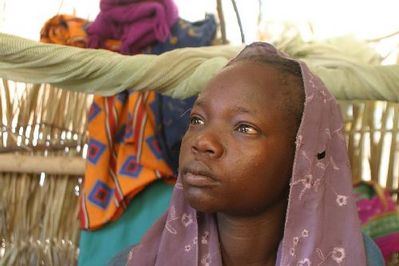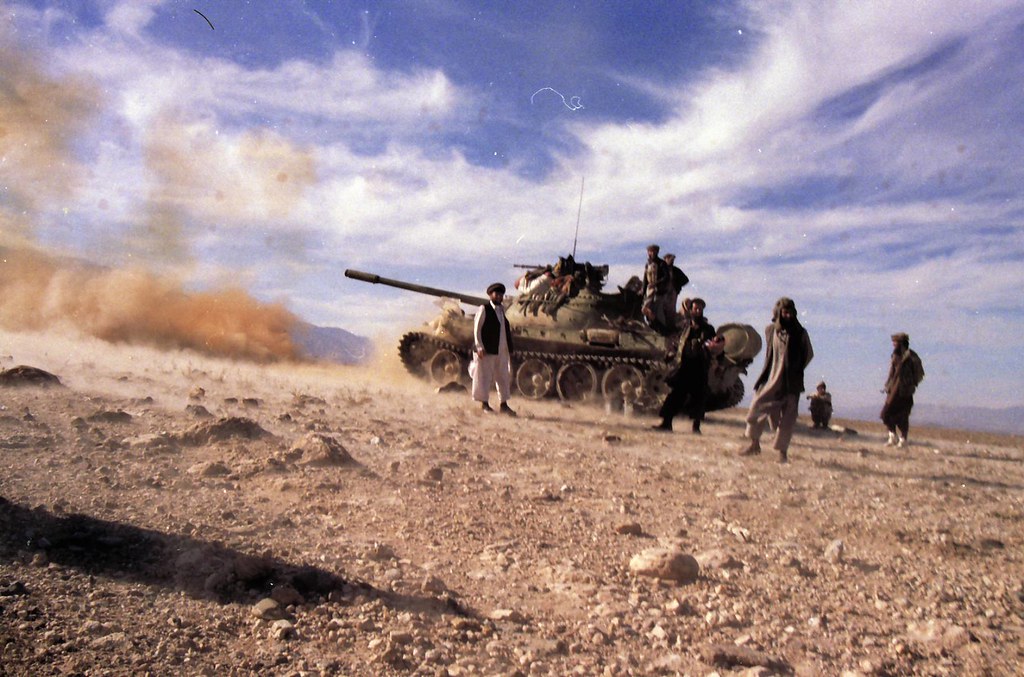Women and girls fleeing violence in Sudan are subjected to sexual and gender-based violence, according to United Nations Population Fund (UNFPA).
In a report, the agency notes intercommunal conflicts at El Geneina town in West Darfur have left 10,800 women displaced making them more vulnerable to SGBV- castigated mainly by the Janjaweed militia and Government forces. The abuse often occurs in form of gang rapes, physical assault, harassment, looting as well as humiliation. Sadly, the vast majority of the cases often go unreported, making it difficult for victims to receive medical care.
“Underreporting owing, among other reasons, to fear of reprisals, harassment and social stigma remains a key concern. When incidents are reported, lack of follow-up and inadequate response by police and judicial authorities represent significant challenges, in particular when the perpetrators are alleged to be armed actors or of Arab ethnicity. Protection for victims and witnesses who come forward is also lacking; at times, victims face pressure not to file complaints or are intimidated to drop charges.” said the United Nations Panel of experts.
Rape, in particular, has become a tool of war, wielded against women and girls in order to ‘cleanse’ African population. The attacks are usually targeted towards civilians from ethnic groups of Fur, Massalit and Zaghawa, who are perceived to be affiliated to the opposition. In many instances’ victims are raped while travelling or engaging in daily activities such as collecting firewood or fetching water. Authorities have also sexually assaulted women activists for speaking out against the injustices in the country especially during protests. The situation has become so dire that some SGBV victims have opted to seek shelter in neighboring Chad. However, the living conditions in the country are said to be harsh with many refugees living in open spaces. Additionally, the security situation is also alarming forcing some shelter seekers to return back to Sudan risking further abuse in the hands of Janjaweed militia and security forces.
“I came across a group of Arabs. Maybe they were over 20. Three of them raped me. As I refused, they hit me. I could not defend myself. They raped me one after the other. I do not know how long it lasted. They raped me until I fell unconscious. They left me on the ground. My mother wanted to seek justice for me. But since it was Janjaweed who raped me, it was not worth it. When we arrived here in Chad, my family got me married. When my husband found out that I had lost my virginity, he left. Today I still feel pelvic pains. I often have a lot of thoughts about rape, which makes me feel dizzy. I do not see a good future for me,” said a woman in Djabal refugee camp.
In some cases, women are deliberately gang raped in front of their families and friends. Worse still, survivors are usually disowned by their husbands causing more abuse due to lack of protection. For children, those born out of rape are considered enemies and are often ostracized from the community- leaving them vulnerable to recruitment by armed groups. The situation is exacerbated by the fact that almost all victims of SGBV have no meaningful access to redress.
“Those who raped me are hiding behind the State of Sudan. I was there, in Sudan, I did not find any justice. Now I’m here in Chad. Do you think I can go back and complain against those who raped me? No, I can’t. But I need those who raped me to face justice. It’s my whole life that has been taken. How can people committing crimes against you remain free? They are living their lives and me I’m here in the refugee camp. I need all my pain to go away. This can only be achieved if those criminals face the court,” testified a victim during an interview with FIDH and ACJPS.
The Government of Sudan, UN agencies and community-based organizations recently launched a campaign aimed at combating the crisis. The plan will focus on three main areas namely operating procedures, prevention and response. Despite the efforts, there have been challenges in establishing temporary clinics due to overcrowding. There’s also lack of trust between medical service providers and the victims who at many times fear opening up because of security reasons, confidentiality issues and protection.







